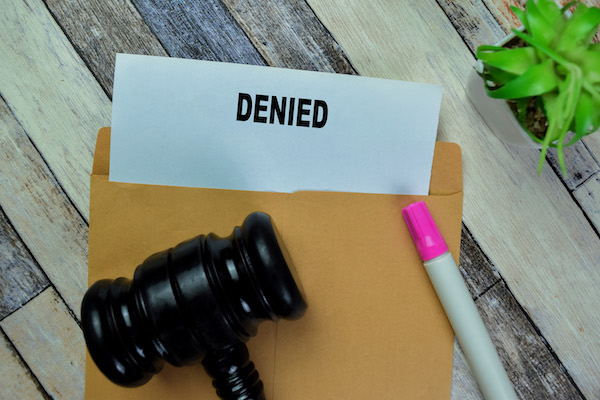fromIPWatchdog.com | Patents & Intellectual Property Law
4 months agoFederal Circuit Finds No Due Process Violation Stems from Inconsistent Positions on Patent Ownership at PTAB, ITC
Today, the U.S. Court of Appeals for the Federal Circuit (CAFC) issued a pair of precedential decisions involving appeals from U.S. federal agency determinations on the patent rights of North Carolina-based energy demand response developer Causam Enterprises. The Federal Circuit affirmed the invalidation of Causam's patent rights and mooted further infringement proceedings after finding that inconsistent positions on patent ownership taken by respondent ecobee in alternative forums did not present a constitutional due process issue.
Intellectual property law










